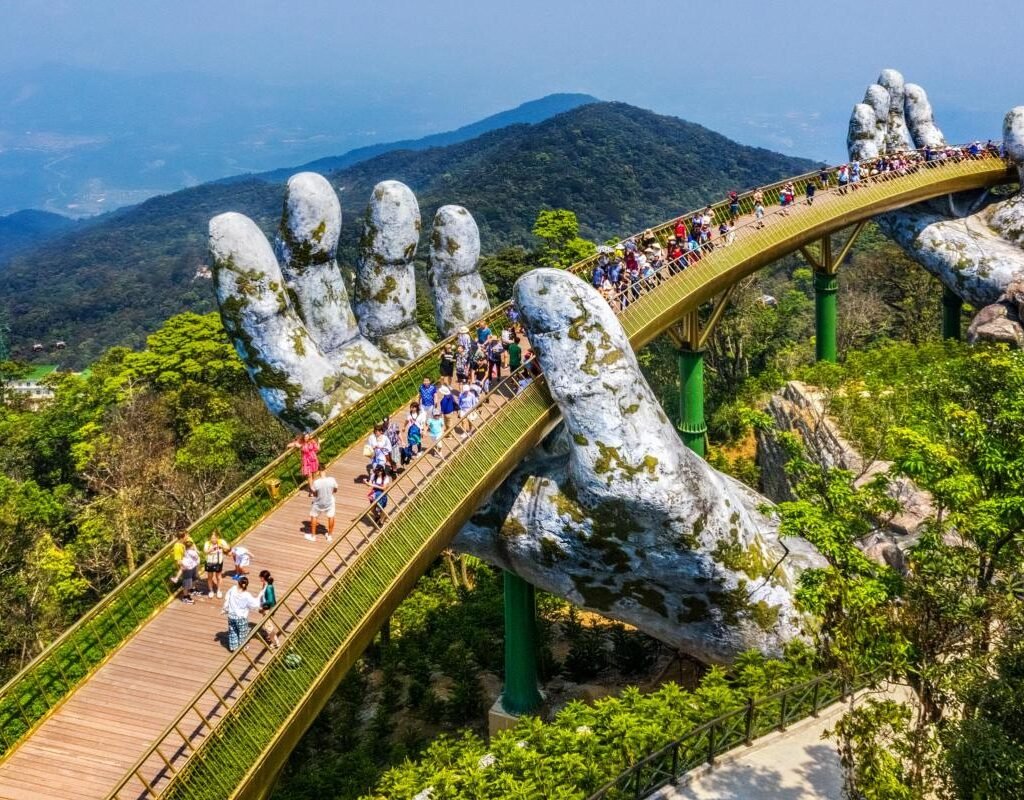
By Ameh Gabriel
Vietnam, a nation steeped in history and cultural depth, stands as a beacon of tradition and resilience in Southeast Asia. From its towering ancient walls to the spiritual reverence of its coastal communities, Vietnam’s heritage is a tapestry woven with tales of bravery, unity, and unyielding faith. Its landmarks, like the Long Wall of Quảng Ngãi, symbolize centuries of defense and cooperation, while age-old traditions such as whale worship reflect a profound connection with nature and the sea. As Vietnam continues to stride confidently into modernization, its commitment to preserving these cultural treasures remains unshaken a testament to its respect for the past and its vision for the future.
Cultural Richness: Traditions and Tales

Vietnam’s cultural landscape is as diverse as it is profound. One of its most remarkable historical landmarks is the Long Wall of Quảng Ngãi, often referred to as the “Great Wall of Vietnam.” This monumental structure stretches over 127 kilometers, serving as a testament to the country’s historical fortifications and architectural prowess. Constructed during the Nguyễn Dynasty, it was originally designed for defense and trade regulation, symbolizing Vietnam’s strategic acumen and community resilience.
The Long Wall, built using stone and earth, snakes through the mountainous terrain of central Vietnam, marking the boundaries between ethnic groups and protecting local communities from invasions. Today, it stands not only as a historical relic but also as a cultural symbol, drawing visitors and historians eager to witness this marvel of ancient Vietnamese engineering.
Whale Worship: Spiritual Bonds with Nature

In the spiritual domain, Vietnam’s connection with nature is beautifully illustrated through the tradition of whale worship, known locally as “Cá Ông.” This unique practice is predominantly observed in coastal communities where fishermen revere whales as guardian spirits. The belief is rooted in ancient legends that describe whales as protectors of seafarers, often guiding ships to safety during storms. Throughout the year, festivals are held to honor these majestic creatures, with the largest being the Nghinh Ông Festival in the southern provinces. During this festival, elaborate parades and ceremonies are conducted to express gratitude for safe voyages and bountiful catches.
The Legacy of Maritime Strength

Vietnam’s reverence for the sea is not just spiritual; it is also deeply historical. During the height of maritime trade in the 15th and 16th centuries, Vietnam’s coastlines were bustling with merchant ships from across Asia and Europe. This strategic positioning contributed to the development of strong naval capabilities, which were later instrumental in resisting colonial advances. The practice of whale worship is said to have strengthened this maritime culture, providing fishermen with a spiritual anchor during their journeys.
Preserving Heritage Amid Modernization

As Vietnam advances technologically and economically, efforts to preserve these rich cultural traditions remain robust. Government and local initiatives are in place to protect historical sites like the Long Wall of Quảng Ngãi from erosion and urban encroachment. Similarly, whale worship festivals are receiving increased recognition, ensuring that younger generations remain connected to their cultural roots.
Vietnam’s Ministry of Culture, Sports, and Tourism has also implemented programs to digitize cultural artifacts and document oral traditions, bridging the gap between heritage and technology. These measures are part of Vietnam’s broader strategy to safeguard its historical identity while embracing modernization.
Vietnam’s Global Cultural Diplomacy

Vietnam’s commitment to cultural preservation also extends to its diplomatic efforts. Embassies worldwide, including in Nigeria, have promoted cultural exchange programs that highlight Vietnam’s historical marvels and spiritual traditions. These programs not only foster mutual understanding but also serve as platforms for dialogue, showcasing Vietnam’s unique blend of tradition and innovation.
Through various cultural exhibitions, educational partnerships, and heritage celebrations, Vietnam extends its hand in friendship, inviting the world to explore its rich history and enduring spirit. The Vietnamese Embassy in Nigeria has been pivotal in strengthening bilateral ties through cultural diplomacy, reflecting the values of peace, cooperation, and mutual respect.
These cultural practices are not just rituals; they are woven into the fabric of Vietnamese identity. They reflect a deep-seated respect for history and nature, underscoring the nation’s commitment to preserving its heritage while embracing modernization. Visitors to Vietnam are often enchanted by the living history that permeates its landscapes and communities a powerful reminder of a nation’s journey through resilience and reverence for tradition.








